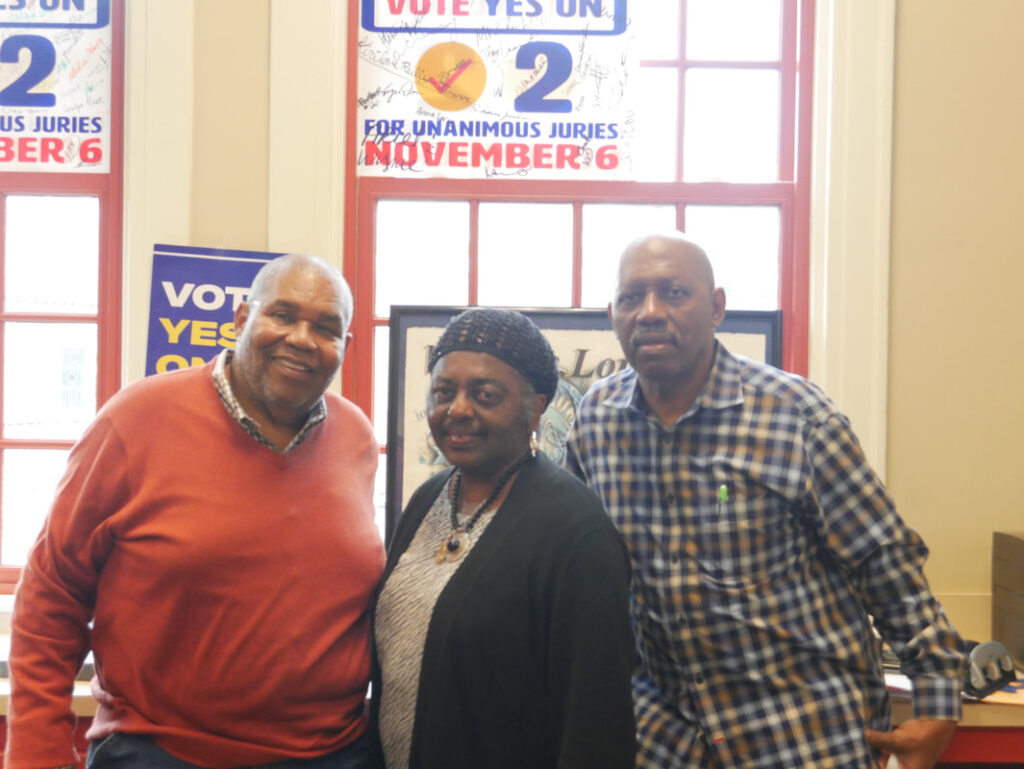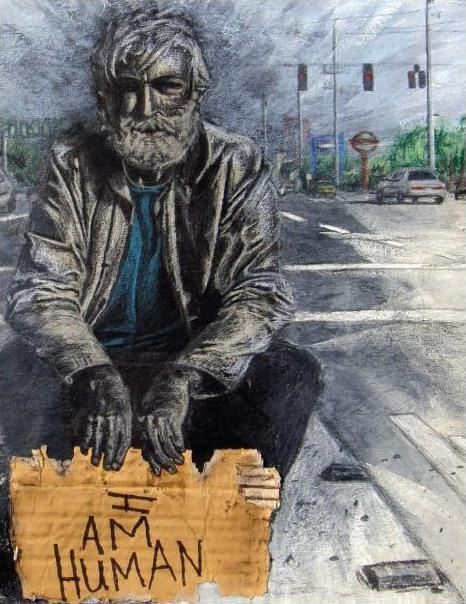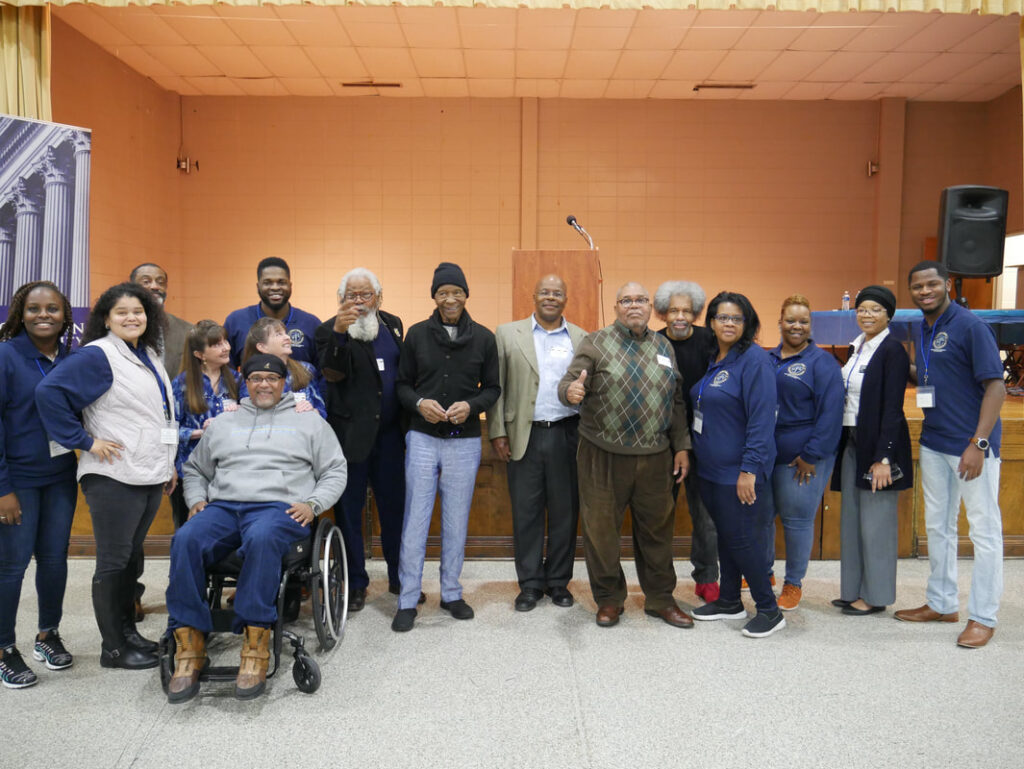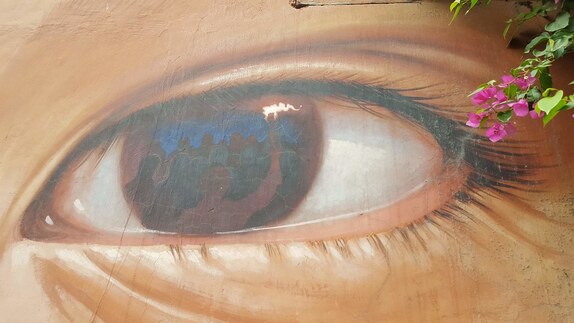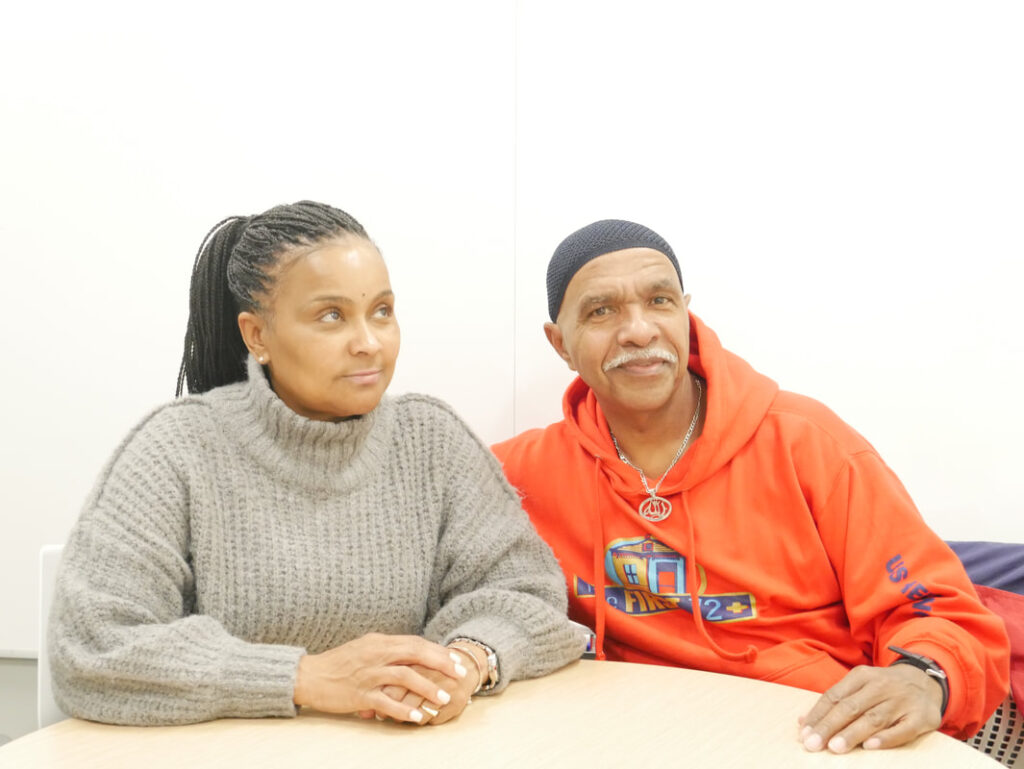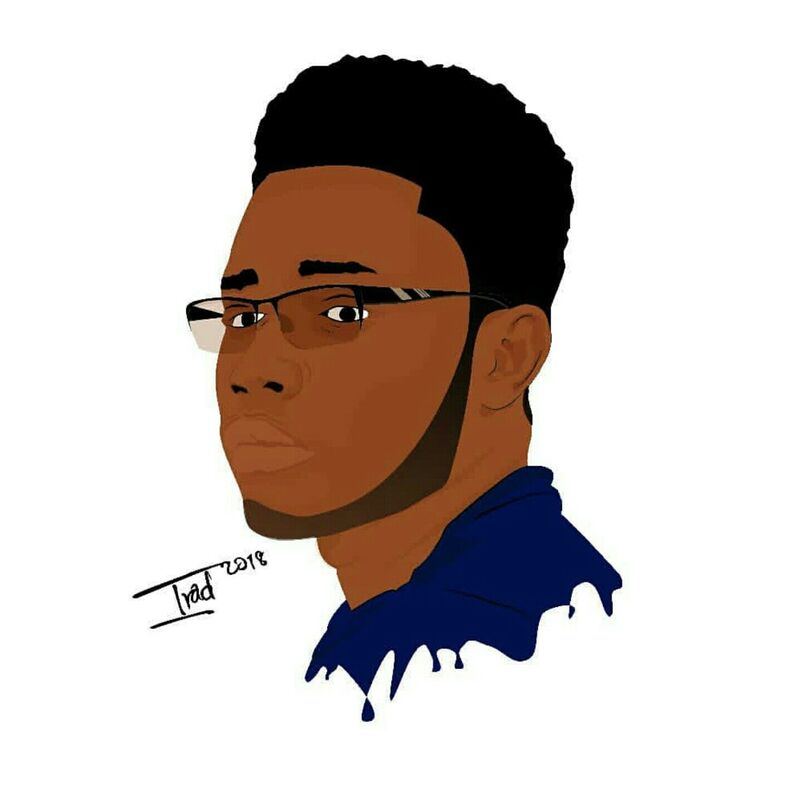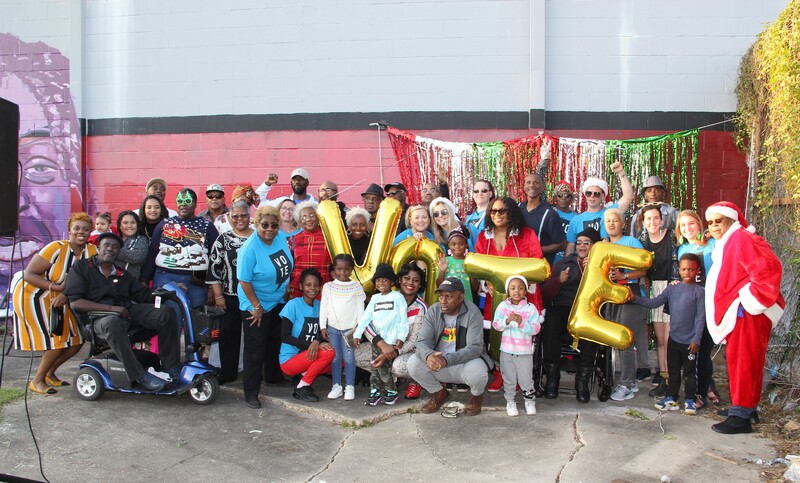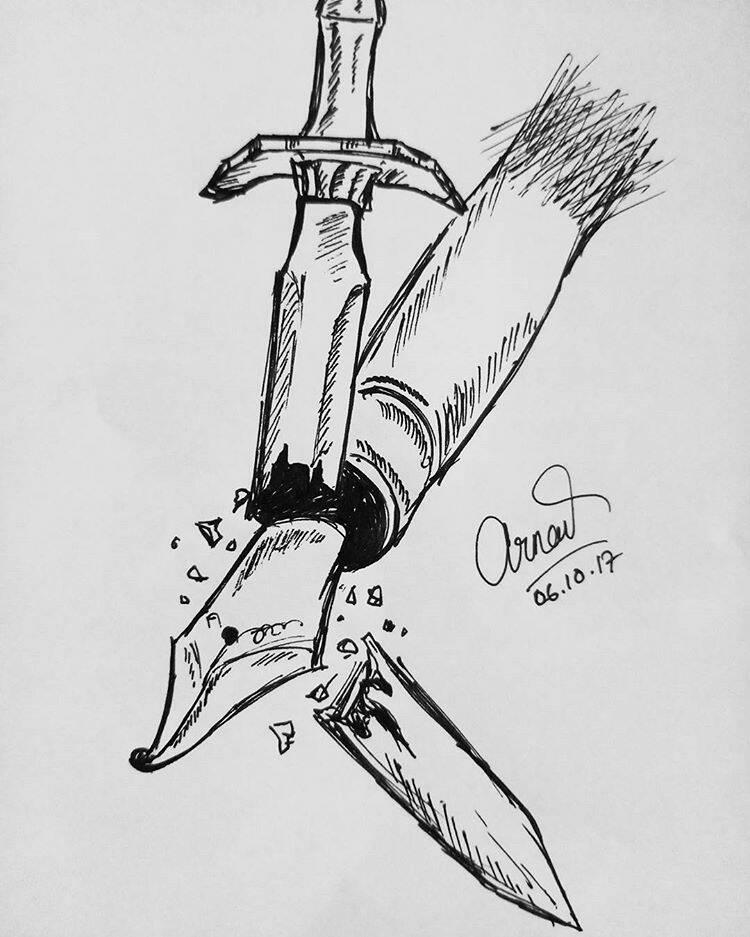
They say reading is fundamental, well what the hell is writing–essential? In school I didn’t know an adverb from an adjective. I knew a sentence had to have a subject and a predicate because Dr. Dre gave that to me in old school hip hop. But I could never get my subject and verb to agree–actually, I still have trouble making them not argue.
You may have seen a gangsta turn rapper, rapper turn movie star, but you never seen a thug turn writer, and thug does not mean brutal ruffian or assassin regardless of what Webster says. Thug means The Highest Under God.
To say that my inspiration to write came from my great love to tell a story is the farthest from the truth. Instead, I was in the hobby shop learning how to make clocks and jewelry boxes. I was getting good, and I was ready to start sending them home to get sold. My college friend had an account on Ebay and sold one of my clocks. This was how I was going to make the money, I thought. I needed to hire a lawyer and get home.
One day I was called to the Warden’s office. They told me to pack my stuff. I asked “where am I going?” They told me I was going to the dungeon. I’m like, “for what?” All they said was: “you know.” Completely baffled, I packed my stuff, went to the blocks, and sat there not knowing why I got locked up.
Two weeks later, I got called to an office. An investigator came to talk with me. He had a report in his hand, which he started to read. It said: “Prime Time told me to go to the McDonald’s in St. Francisville. His cousin was there and he gave me some weed and money. I was bringing Prime Time the weed.”
The report had a lot of Prime Time this and Prime Time that. When I heard this I was able to identify the young police officer who had given this statement. I figured he was under pressure at work so he was just giving them something. He had told them the play, but he didn’t want to tell on the actual player(s), so he used a nickname, and it just so happened to be my nickname. The officer probably thought the people reading the report would never find the person it was about, but that’s not how it works in prison. Even if they don’t know they’ll make it look like they know to avoid the appearance of stupidity. I knew who they were talking about, but that wasn’t my business to tell.
I told the investigator that I didn’t know what he was talking about, and if I did, I wouldn’t tell him nothing. The man gave me an angry look but quickly recovered. He said he respected that, me being a convict and all. I wasn’t a convict, though. I had just got to prison. I had been there for maybe six to seven months and was still wet behind the ears. If I were a convict, I would have known the next move.
When I went to court, they read the report. They had replaced every mention of Prime Time with Eyba Brown. I put in a motion to review the original report, but the motion was denied, and I was on my way to extended lock down [solitary confinement].
When I was in my cell I told myself that I couldn’t make money with my hands, so I had to make it with my mind. How was I going to do that? I sat in the dungeon for more than 60 days. But if you are in the dungeon for more than 45 days, they have to re-route you to a lesser custody status than you were sentenced to. That’s how I ended up in the working cell block, Camp C. I could have gotten out to play football, but I didn’t want to get stuck in the outer camp, so I made my move to get back to the main prison. As I said, I had only been locked up for a couple of months, so I didn’t know what I was doing. I ended up going to extended lock down for real this time. People stay there for years. You do nothing but sit in a cell for 23 hours. You get only an hour out of the cell each day.
In Camp C one of my friends was about to go to the main population to play ball for Camp C. Before he left, we walked the yard and strategized. He told me about a commercial idea he had that sounded like a short movie. As I sat in my cell on extended lock down I kept thinking about that commercial, and figured I could come up with a commercial, too. I started thinking about all the really good commercials I could remember and writing down my own ideas.
Eventually I was sent back to the main prison, C Block. There I met this dude who had a cousin who was studying film at USC. This dude would send his cousin movie scripts. He let me read one: “How to be a Player.” I remembered this movie, so as I’m reading the script I can see the movie in my head. I started writing scripts, too.
Math had always been my favorite subject because it has structure to it. Writing didn’t. Or at least I thought it didn’t. But I soon found out writing had a formula, too, and formulas are things I understand. My friend from LSU brought me some books on how to be a screenwriter. I wrote four movies and 10 commercials. I learned about the Writer’s Guild, got a list of agencies, and contacted my cousin in Atlanta because Atlanta had a great number of agencies. Only four of them, however, would take unsolicited manuscripts.
I gave my cousin the scripts for the movie Blast4Me and three commercials: Tag, Runaway, and First Kiss. He told me the commercials were Super Bowl-type commercials, and I gave him the addresses to the agencies. He sent the commercials to the agencies. Of the four agencies, two asked him to come in for an interview. But it was spring break and he went to Daytona Beach instead.
Of course the pen is mightier than the sword, unless you’re in a knife fight in which case you’d better have a Rambo knife. The pen is a mighty weapon, however, if you know how to use it. In prison you need an army, family or friend support to help your words get heard. And if you’re saying something, how mighty is your pen?
Eyba Brown is currently incarcerated at Raymond Laborde Correctional Center.
If you or someone you know is a currently or formerly incarcerated person with creative content to offer, please submit your materials to admin@vote-nola.org and we’ll be in touch! We’ll share the content on social media, always give credit to the artist(s) involved, and cover the costs of submission. Any type of submission–whether stories, poems, illustrations, music, videos or something else–are welcome!

